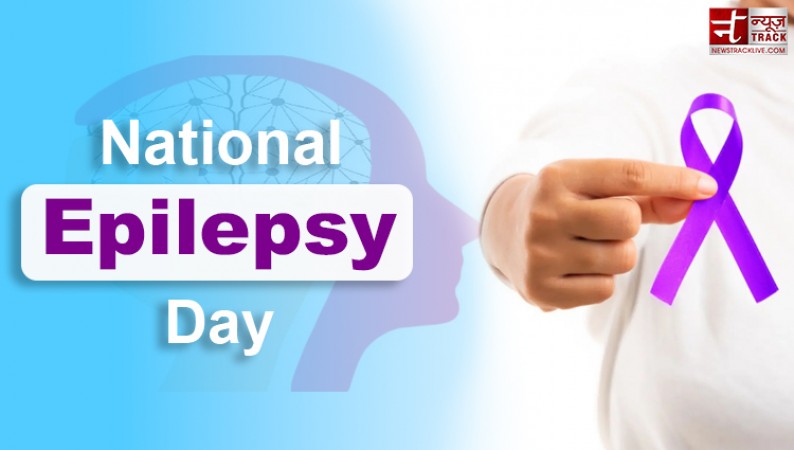
Every year, November 17 is observed every year as National Epilepsy Day by the Epilepsy Foundation, to create awareness about epilepsy. A persistent brain condition known as epilepsy is marked by recurrent "fits" or "seizures." November is designated "National Epilepsy Awareness Month." The Epilepsy Foundation of India started a nationwide campaign to reduce the prevalence of this disease in the country.
People with epilepsy make up over 80% of the population in low- and middle-income nations. Therefore, it is important to raise awareness of the condition and reduce the number of those affected. Even though epilepsy is curable, three-fourths of those affected in underdeveloped nations do not obtain the necessary care. However, according to nhp.gov.in, approximately 10 million Indians experience seizures linked to epilepsy.
Epilepsy-What is it?: Around 50 million people worldwide suffer with epilepsy, a chronic, non-communicable brain disorder. Recurrent seizures are its defining feature. Seizures are brief bursts of spontaneous movement that might affect either a portion of the body (partial) or the entire body (generalised), and they can occasionally be followed by loss of consciousness and control over bowel or bladder function.
Epileptic seizures are brought on by abnormal and excessive brain activity, and they can also be brought on by hypersynchronous neuronal brain activity. Epilepsy is one of the most prevalent neurological illnesses, affecting more than 50 million people worldwide, according to the World Health Organization (WHO).
Nearly 80% of epilepsy patients live in low- and middle-income nations. More than 70% of epileptics are thought to be able to enjoy seizure-free lives with the right diagnosis and care.
History Epilepsy Foundation of India: To lower the prevalence of epilepsy in India, the Epilepsy Foundation of India created the National Epilepsy Day. Dr. Nirmal Surya founded the Epilepsy Foundation of India in Mumbai, Maharashtra, in 2009. The mission of the non-profit Epilepsy Foundation of India is to improve the quality of life for persons who experience seizures and to alter societal perceptions of epilepsy.
Every day, people take risks, but those who suffer seizures may face particular dangers. Activities can be safer and the majority of individuals with epilepsy can live full and active lives by becoming aware of potential dangers and methods they can be reduced.
International Day for Tolerance celebrate on Nov 16, Know its Significance
National Journalism Day in 2022: Know its Background and significance